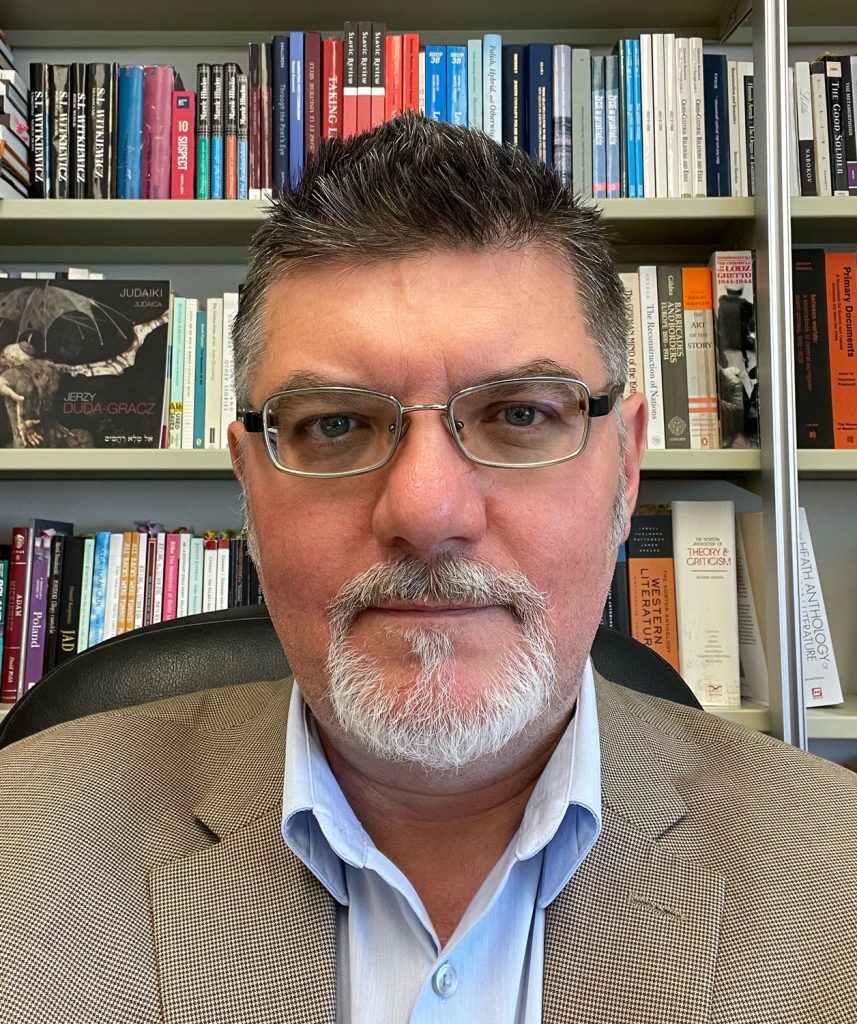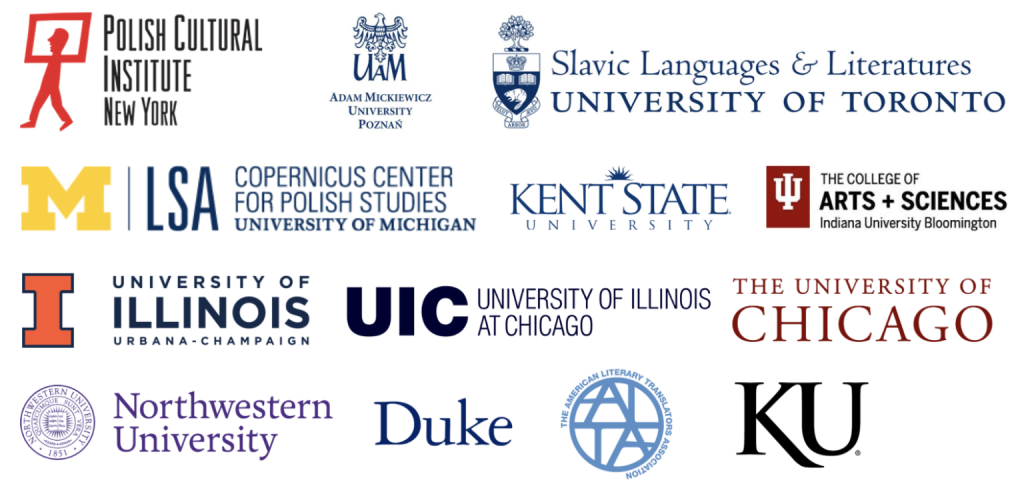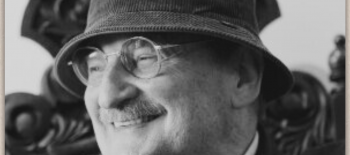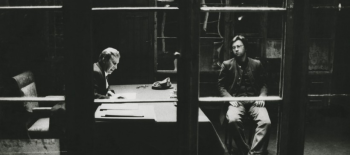Episode 17 and all video recordings are available at:
Polish Cultural Institute New York YouTube
Encounters with Polish Literature is a video series for anyone interested in literature and the culture of books and reading. Each month, host David A. Goldfarb will present a new topic in conversation with an expert on that author or book or movement in Polish literature. More about the Encounters with Polish Literature series and the timeline.
Since the Russian invasion of Ukraine on February 24, 2022, we’ve been looking at Ukrainian writers and literary connections between Ukraine and Poland. This episode was part of our original schedule before war broke out, but the history of Ukraine is so intertwined with Polish history—much of Ukraine having been part of the Polish-Lithuanian Commonwealth, and considering Poland’s shifting Eastern border—that we cannot avoid discussing Ukraine, even when it may not have been our initial objective.
Joseph Conrad (1857-1924) is often thought of as an English writer, because he settled in England and wrote in English, but he was born to the Polish gentry or szlachta in territory that had been part of the Russian empire at the time of his birth and is Ukrainian territory today. His father and uncle were on the one hand part of the landed gentry that had once owned largely serfs, but they had a strong, if Romanticized, affinity for Ukrainian culture and a loyalty to their “small homeland” around Berdychiv.
In this episode we ask why we might want to know about the Polish Conrad, and not just sequester that part of his biography as his forgotten youth. We look at some of Conrad’s Polish works, such as his only work of fiction set in Poland, “Prince Roman,” the story of a Polish castaway in England, “Amy Foster,” and his late memoir, “Poland Revisited,” and we ask what these works reveal about Conrad’s mature works, such as Lord Jim, Heart of Darkness, and especially Nostromo.
Selected works by Joseph Conrad:
Most of the works of Joseph Conrad are in the public domain and are available for free (including most e-book formats, audiobooks, and translations into languages other than English) from Project Gutenberg
Conrad, Joseph. The Portable Conrad (This edition includes “Prince Roman” and “Amy Foster” among other works). Ed. Morton Dauwen Zabel. Rev. by Frederick R. Karl. New York: Penguin, 1976.
—. Nostromo. New York: Penguin Classics, 2007.
Selected critical and other works referred to in the discussion:
Brodsky, G. W. Stephen. Joseph Conrad’s Polish Soul. Realms of Memory and Self. Ed. George Z. Gasyna. Conrad: Eastern and Western Perspectives. Vol. XXV. Ed. Wiesław Krajka. New York: Columbia University Press, 2016.
—. “The Dispossessed: Joseph Conrad as Borderland Writer. From Szlachta Culture to the 21st Century: Between East and West. New Essays on Joseph Conrad’s Polishness. Conrad: Eastern and Western Perspectives. Vol. XXII. Ed. Wiesław Krajka. New York: Columbia University Press, 2013. Pgs. 19-64.
Gasyna, George Z. Polish, Hybrid, and Otherwise: Exilic Discourse in Joseph Conrad and Witold Gombrowicz. New York: Continuum, 2011.
Najder, Zdzisław. Joseph Conrad: A Chronicle. Tr. Halina Carroll-Najder. New Brunswick, N.J.: Rutgers University Press, 1984.
Omelan, Lilia. “Conrad and Ukraine – Ukraine and Conrad.” From Szlachta Culture to the 21st Century: Between East and West. New Essays on Joseph Conrad’s Polishness. Conrad: Eastern and Western Perspectives. Vol. XXII. Ed. Wiesław Krajka. New York: Columbia University Press, 2013. Pgs. 379-405.

George Z. Gasyna was born in Łódź, Poland, and emigrated with his family to Canada at the age of 11. He holds two degrees in Slavic Studies from McGill University in Montreal, and a PhD in Comparative Literature from the University of Toronto. He is currently Associate Professor of Slavic Languages & Literatures and Comparative & World Literature at the University of Illinois at Urbana Champaign, where he also holds faculty appointments in the Program in Jewish Culture and Society and the Unit for Criticism and Interpretive Theory. Prof. Gasyna is author of Polish, Hybrid, and Otherwise: Exilic Discourse in Joseph Conrad and Witold Gombrowicz (London and New York: Continuum, 2011), and editor for the volume Joseph Conrad’s Polish Soul: Realms of Memory and Self (Lublin and New York: Columbia University Press, 2016). He wrote the introduction to Marek Hłasko’s 1964 novel, All Backs Were Turned, tr. Tomasz Mirkowicz (New York: New Vessel Press, 2014). His articles have appeared in a number of journals including Slavic Review, Canadian Slavonic Papers, Polish Review, and Russian Literature. He is presently completing a book treating 20th and 21st century Polish provincial and borderland fiction. For 2020-2025, he has been appointed Arlys Conrad Humanities Professional Scholar in the College of Liberal Arts and Science at his university, an award that recognizes promising mid-career researchers in the humanities.
Bartek Remisko, Executive Producer
David A. Goldfarb, Host & Producer
Natalia Iyudin, Producer




